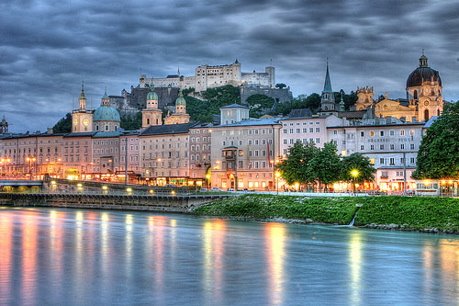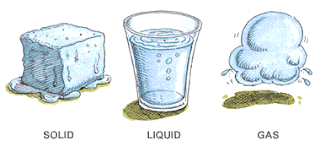 If you think like I do sometimes, you've wondered why the cost of a meal out is so much. Regardless of where you are, though, prices of meals in Austria are not much different than they are in our area of New Jersey. The drinks here, if anything, are more expensive. Depending on where you are, a half liter of soft drink (about a quart) can run around $6.50--no joke! It's cheaper to drink wine or beer, and it's been that way since I started coming here as a kid.
If you think like I do sometimes, you've wondered why the cost of a meal out is so much. Regardless of where you are, though, prices of meals in Austria are not much different than they are in our area of New Jersey. The drinks here, if anything, are more expensive. Depending on where you are, a half liter of soft drink (about a quart) can run around $6.50--no joke! It's cheaper to drink wine or beer, and it's been that way since I started coming here as a kid.But the back page of the menu at a restaurant we were at the other day really made me think about what goes into the price of a meal and a drink at a restaurant. The list was put together tongue-in-cheek, I'm pretty sure. Usually, like in the States, you'll see a message somewhere stating that prices don't include tip. This menu went a bit further, though. This is what it said, translated into English--
It's understood that our prices:
are in euros not including tip,
and include 10 to 20% value-added tax,
tourism tax,
salary tax,
church tax,
income tax,
sales tax,
business tax,
social security and health insurance,
fire and liability insurance,
life insurance and old age care insurance,
theft and broken glass insurance,
fire department contribution,
liquor license,
treasury contribution,
gas and heating costs,
warm and cold water costs,
sewage costs,
electricity costs,
chimney cleaner,
security technician,
leasing contracts,
garbage removal,
compost removal,
washing and cleaning detergents,
toilet paper,
paper towels and hand soap,
repairs,
maintenance contracts,
telephone costs,
decoration costs,
live music costs,
fees to AKM (royalties),
radio and TV fees.
(Interestingly, from a cultural standpoint, there are some costs here we do NOT have in the States: church tax, radio fees, old age care insurance).)
Our meal came to €19 (about $25), which for lunch, isn't something we'd want to spend everyday, but it wasn't the end of the world. And when you consider all the stuff you're getting (and you know what many paper towels some of you use in the bathroom!), then $25 isn't a bad price at all!







